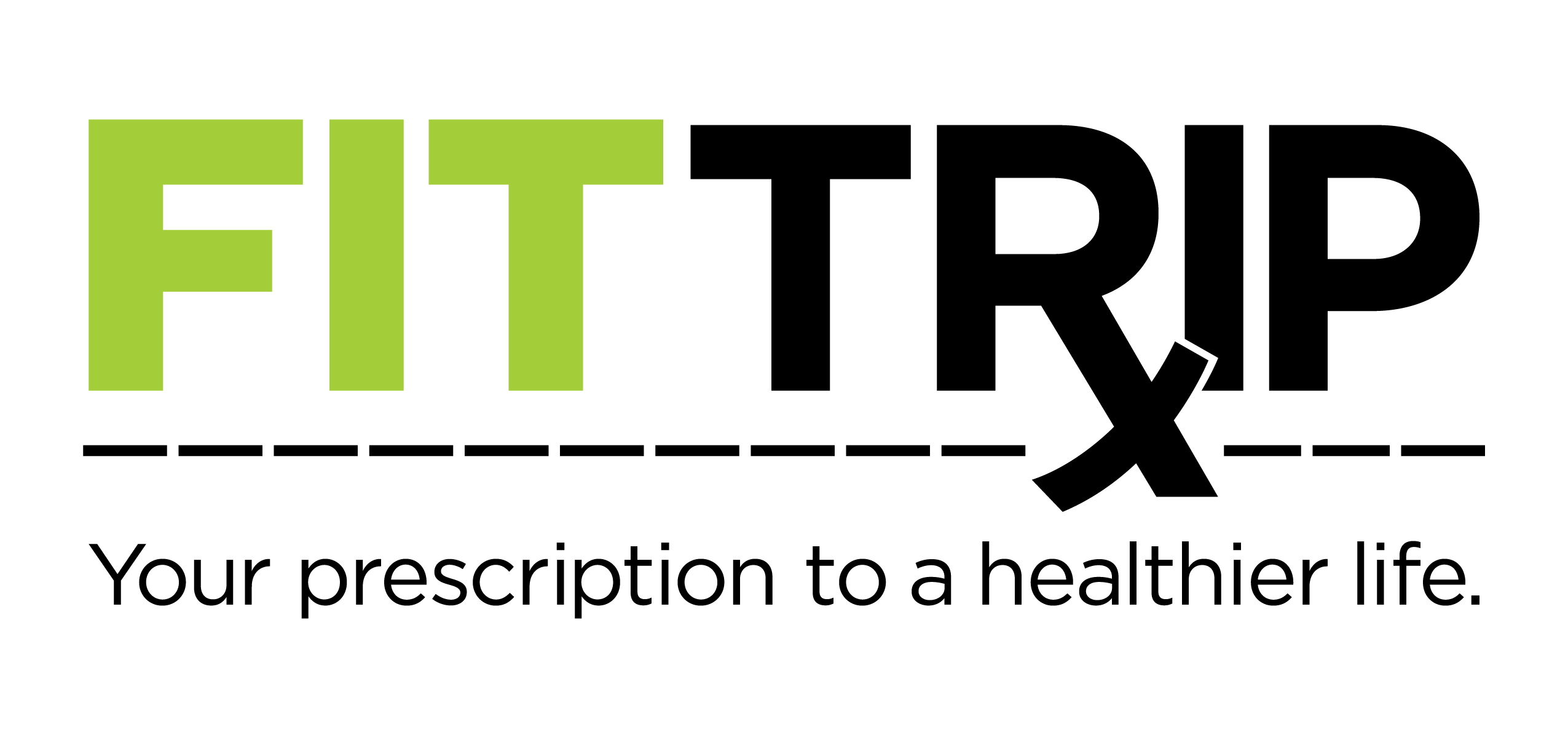Traveling Nutrition
Today’s contribution is by GMMs’ Alissa Palladino, MS, RDN, LD, ACSM-CPT
Whether you’re traveling for work or pleasure, being away from your kitchen can make it challenging to stick with your healthy eating goals. But with a little planning and prep, you can stay on track when you’re on the road.
- Pack food: Instead of relying on the gas station and vending machine, pack a variety of nutritious, non-perishable snacks for travel and your hotel room. Having healthy snacks on hand prevents you from getting “hangry” and making impulsive choices. Your best bets are foods that require little to no prep and are easy to eat on the go.
Non-perishable items:
Nuts, or make your own trail mix (nuts, dried fruit and whole grain cereal)
Fresh fruit (apple, bananas, orange, etc.)
Bars (look for at least 3 grams of fiber and 5 grams of protein)
Instant oatmeal packets
A jar, or packets, of peanut or almond butter
Whole grain bread and/or crackers
Turkey jerky
Tuna canned in water
For the cooler/hotel fridge:
Individual Greek yogurts (don’t forget a spoon!)
String cheese
Raw veggies
Hummus
- Stay hydrated: Traveling (especially on planes) can be dehydrating and it’s easy to mistake thirst for hunger. Bring a reusable water bottle and fill it up at the airport once you pass security.
- Make smart choices when options are limited: Choose lean protein such as poultry or fish and opt for low-fat preparation methods such as grilled, baked, roasted or broiled. Limit fried foods and menu items described as rich, creamy or cheesy. Choose one carbohydrate source per meal. For example, if you order a burrito, eat the tortilla or the rice, but not both. Opt for fruit instead of dessert and order salad to bulk up fiber, vitamins and minerals.
- Do your research: Find out whether your hotel has a fridge and a microwave. If there’s a grocery store within walking distance, stock up on staples once you arrive. Ask if breakfast is provided. If so, opt for eggs with whole wheat toast or yogurt with fruit instead of pastries. If not, bring breakfast items such as instant oatmeal, peanut butter and fruit.
- Plan to rest: Getting enough sleep is key to keeping hunger regulating hormones in check. Aim for a minimum of seven hours of sleep per night so you don’t find yourself craving sweets to boost your energy.
